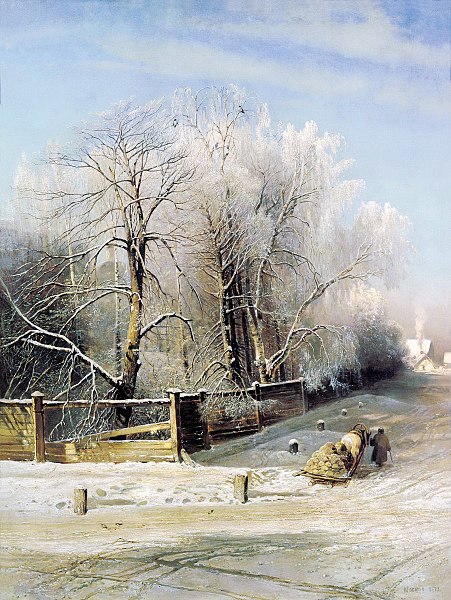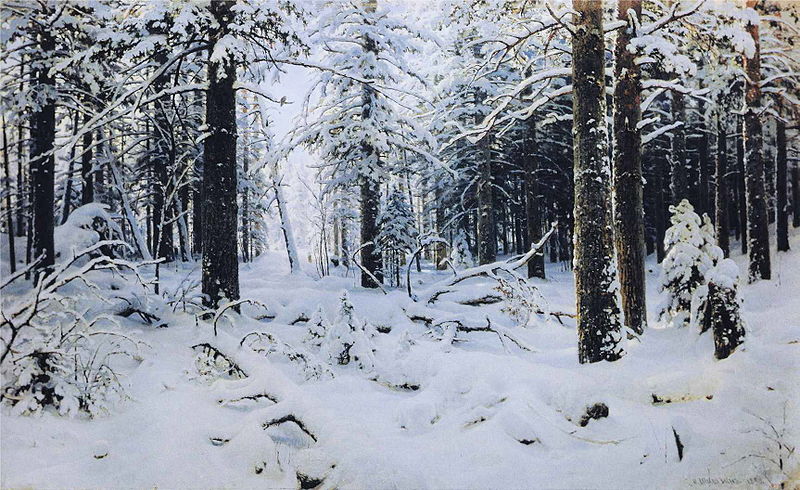Thammasat University students interested in literature, philosophy, and Russian history may find it useful to read Dostoyevsky Reads Hegel in Siberia and Bursts Into Tears by László F. Földényi.
It has been newly acquired for the TU Library collection.
The TU Library owns several other books by and about the works of the Russian novelist Fyodor Dostoyevsky and the German philosopher Georg Wilhelm Friedrich Hegel.
Professor László F. Földényi teaches the theory of art at the University of Theatre, Film, and Television in Budapest, Hungary.
His collection of essays explains why contemporary culture should become more involved with spirituality.
Professor Földényi explains that before the Enlightenment, a European intellectual movement of the 1600s and 1700s during which ideas about God, reason, nature, and humanity formed a worldview that was widely influential in the Western world, people felt a sense of mystery in everyday life, “the feeling that there is something incomparably greater than my own self.”
With the Enlightenment, however, the idea spread that “only time and intellectual preparation were required in order to cast light upon all things—with no dark corners remaining anywhere unilluminated by the light of reason.”
The question becomes how to preserve the sense of community and spirituality in a modern society of disbelievers.
In essays on several different writers and artists, Professor Földényi explores in the title essay about how when Fyodor Dostoyevsky was exiled to Siberia in North Asia for political reasons, he borrowed a copy from a prison official of Georg Wilhelm Friedrich Hegel’s Lectures on the Philosophy of World History.
Professor Földényi argues that this book influenced Dostoyevsky’s writings, because Hegel believed that Siberia, as well as Africa and other world regions, was not important for historical culture development since the time of the ancient Greeks.
On learning about this, Dostoyevsky supposedly wept, which explains the title of the book.
Other writers and artists discussed in this book, all of them represented in the Thammasat Library collection, include Rilke, Goethe, Artaud, William Blake, Mary Shelley, and Goya.

Here are some thoughts by Dostoyevsky:
- Russia was a slave in Europe but would be a master in Asia.
As quoted in “Dilemmas of Empire 1850-1918: Power, Territory, Identity” by Dominic Livien in Journal of Contemporary History, Vol. 34, No.2 (April 1999), pp. 180
- I want to say to you, about myself, that I am a child of this age, a child of unfaith and scepticism, and probably (indeed I know it) shall remain so to the end of my life. How dreadfully has it tormented me (and torments me even now) this longing for faith, which is all the stronger for the proofs I have against it. And yet God gives me sometimes moments of perfect peace; in such moments I love and believe that I am loved; in such moments I have formulated my creed, wherein all is clear and holy to me. This creed is extremely simple; here it is: I believe that there is nothing lovelier, deeper, more sympathetic, more rational, more manly, and more perfect than the Saviour; I say to myself with jealous love that not only is there no one else like Him, but that there could be no one. I would even say more: If anyone could prove to me that Christ is outside the truth, and if the truth really did exclude Christ, I should prefer to stay with Christ and not with truth.
Letter To Mme. N. D. Fonvisin (1854), as published in Letters of Fyodor Michailovitch Dostoevsky to his Family and Friends (1914), translated by Ethel Golburn Mayne, Letter XXI, p. 71
- Inventors and geniuses have almost always been looked on as no better than fools at the beginning of their career, and very frequently at the end of it also… Lack of originality, everywhere, all over the world, from time immemorial, has always been considered the foremost quality and the recommendation of the active, efficient and practical man…
The Idiot (1868–9)
- A man who lies to himself, and believes his own lies, becomes unable to recognize truth, either in himself or in anyone else, and he ends up losing respect for himself and for others. When he has no respect for anyone, he can no longer love, and in him, he yields to his impulses, indulges in the lowest form of pleasure, and behaves in the end like an animal in satisfying his vices. And it all comes from lying — to others and to yourself… Fathers and teachers, I ponder, “What is hell?” I maintain that it is the suffering of being unable to love.
The Brothers Karamazov (1879–1880)
And some thoughts by Hegel:
- Reading the morning newspaper is the realist’s morning prayer. One orients one’s attitude toward the world either by God or by what the world is. The former gives as much security as the latter, in that one knows how one stands.
Miscellaneous writings of G.W.F. Hegel
- Only one word more concerning the desire to teach the world what it ought to be. For such a purpose philosophy at least always comes too late. Philosophy, as the thought of the world, does not appear until reality has completed its formative process, and made itself ready. History thus corroborates the teaching of the conception that only in the maturity of reality does the ideal appear as counterpart to the real, apprehends the real world in its substance, and shapes it into an intellectual kingdom. When philosophy paints its grey in grey, one form of life has become old, and by means of grey it cannot be rejuvenated, but only known. The owl of Minerva takes its flight only when the shades of night are gathering.
Elements of the Philosophy of Right (1820/1821)
- What experience and history teach is this — that nations and governments have never learned anything from history, or acted upon any lessons they might have drawn from it.
Lectures on the Philosophy of History (1832)
- Poetry is the universal art of the spirit which has become free in itself and which is not tied down for its realization to external sensuous material; instead, it launches out exclusively in the inner space and the inner time of ideas and feelings.
Lectures on Aesthetics (1835)
(All images courtesy of Wikimedia Commons)


